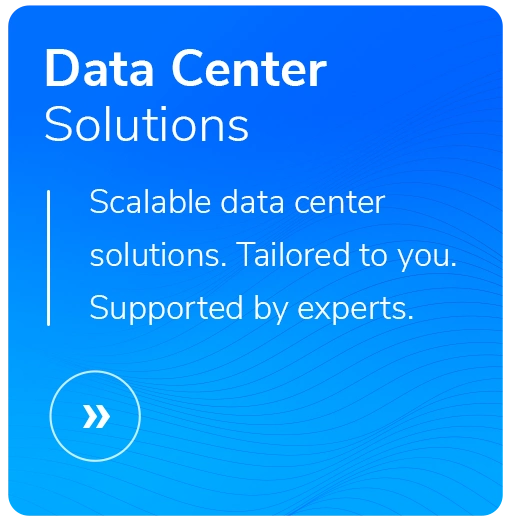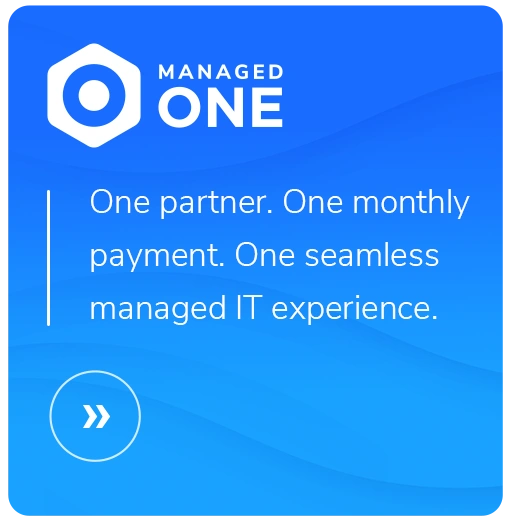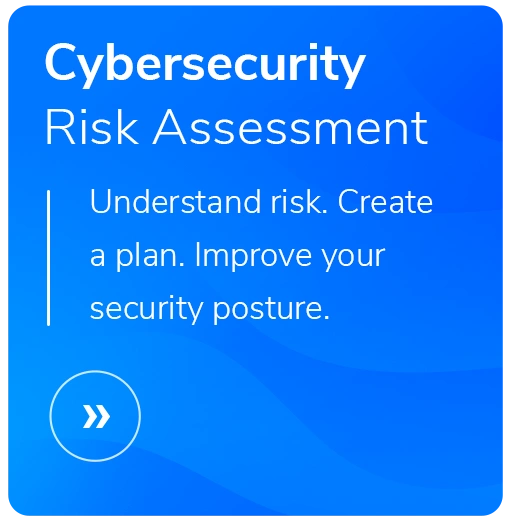5 Reasons Why a Virtual CISO (vCISO) May Be Right for Your Business
- Written by: Jordan Engbers

A virtual chief information security officer (vCISO) is an outsourced senior-level security executive who is responsible for the strategic development and implementation of information security programs. Included in vCISO services is a supporting team of information security professionals who help implement the vCISOs cybersecurity vision.
The vCISO team is responsible for structuring policies and procedures to align with company culture, risk tolerance, and compliance requirements. A tailored approach is integral in the creation of an effective security program. Most vCISO engagements begin with an IT risk assessment, which identifies areas of needed improvement and helps set priorities for the security program. Once deficiencies are identified, a plan is generated to begin addressing security gaps.
Why does the Virtual CISO (vCISO) service exist?
The demand for vCISO services has grown rapidly the past few years. As information security threats increase and businesses remain the primary target, the demand for security professionals will continue to rise. The employment gap between the demand for security professionals and its supply is widening. This drives a competitive market for security professionals and places a major burden on companies seeking to staff for their cybersecurity needs.
This is where a vCISO offers its value. Virtual CISO services provide organizations that would otherwise not be able to hire a qualified security candidate the ability to work with an experienced CISO and security team, without increasing their organization's headcount. Many organizations don't need a fulltime CISO, they need an independent security professional to lead their organization by assessing cybersecurity issues, building a cybersecurity program, and ensuring the achievement of proper security milestones.
5 Reasons to Consider a Virtual CISO (vCISO)
- Expertise Across Industries:
vCISOs work with various clients in unique industries, exposing them to opportunities not available to CISOs working in isolated verticals. The security knowledge gained by a vCISO from each unique client environment ensures continual growth and improved expertise for the security leader, which positively impacts each client the vCISO leads. - Flexibility in Unique Business Environments:
Virtual CISOs are prepared to begin working immediately with little on-boarding time and can adapt to most any setting. By their very nature, vCISOs can enter a new environment and quickly adjust as business and security demands require. vCISOs first gain a thorough understanding of each organization’s business model, company culture, risk tolerance, and objectives. From there, they gain an understanding of security risks faced by the organization. With a full view of the security landscape, the vCISO will communicate the findings to help clients make the appropriate security decisions for their environment. - Efficiency with Core Competencies:
A virtual CISO fills in the security gaps where organizations need it most. By focusing on cybersecurity strategy and implementation, vCISOs relieve internal teams of the daunting responsibility. This enables both internal staff and cybersecurity professionals to remain dedicated to their respective core competencies. - Objective Independence:
vCISOs are not swayed by internal politics or personal career goals. vCISOs are an independent third party with an objective viewpoint and goals of helping clients make the best security decisions for their business. - Economical:
HBS’s vCISO programs generally cost a fraction of a full-time CISO and supporting security team. According to SilverBull's May 2016 report, the Median salary for a CISO is $223,000 per year. The base salary doesn't even include the expenses incurred with additional employee headcount. On average, HBS's vCISO clients pay a fraction of what it would cost to hire an in-house CISO. vCISO clients also gain access to the expertise of an entire team, which eliminates the inherent skills gap of a single employee.
What types of businesses are using vCISOs?
There are organizations of all sizes in various industries that are benefiting from vCISO services. For example, at HBS we work with businesses in healthcare, manufacturing, technology, analytics, printing, marketing, insurance, retail, and finance. Regardless of the industry, technology plays a major role in operating a business, and with technology comes security risk.
Each business is unique, and every organization handles risk differently. However, the approach is the same with every organization. First, a vCISO helps an organization understand its risk, and second, the vCISO helps organizations make the appropriate security decisions to align with business objectives.
To learn more, follow this link to HBS’s Virtual CISO service.






